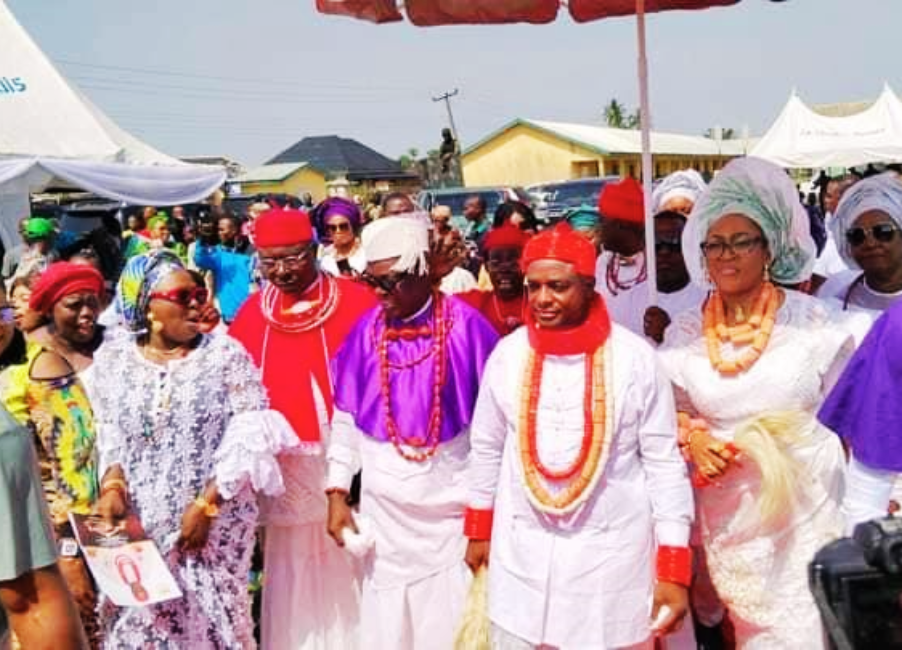
The Kingdom remains deeply committed to preserving its rich cultural heritage by promoting the traditions, history, and values of the Urhobo people. Through annual festivals, and traditional rites, it ensures that its customs and identity are passed down to future generations. The protection of historical landmarks and royal institutions is prioritized, while initiatives are in place to encourage the teaching of Urhobo language, music, and crafts among the youth.

The kingdom continues to empower its communities by uplifting women, youths, and vulnerable groups through vocational training, micro-financing, and cooperative support. Grassroots leadership is encouraged by promoting civic participation in local decision-making processes. In addition, efforts to improve security, healthcare, and education are driven through strategic partnerships, volunteer involvement, and community-driven initiatives.

The Kingdom is actively driving development through sustainable agricultural projects, access to clean water, and environmental conservation efforts. It champions the development of critical infrastructure including roads, schools, and healthcare centers, while also working to attract investment and create job opportunities. By promoting digital literacy and entrepreneurship, the kingdom is preparing its people to thrive in a rapidly evolving global economy.
In a parallel journey, a second group embarked on a transformative migration led by a prominent figure known as Agwu, or Egwu. This faction originated from Ugobri, a dynamic region in present-day Bayelsa State, Nigeria. Navigating the serpentine pathways of the Forcados River, this group traveled through winding waters that shaped their journey, eventually settling near the Omogor family compound within the Unuame Quarters of Ewu-Otor. The confluence of these two groups marked not just a critical juncture in the formation of Ewu-Urhobo identity, but also a blending of unique cultural practices and traditions that enriched the community. As time unfolded, the Egwu faction, marked by a burgeoning population and a vibrant array of cultural customs, began to outshine the Orah group.
As time unfolded, the Egwu faction, marked by a burgeoning population and a vibrant array of cultural customs, began to outshine the Orah group. This demographic evolution led to a shared identification, where both groups collectively came to be known as the people of Egwu. The term was further simplified by colonial influences into the more accessible name “Ewu,” a change that reflected the challenges faced by outsiders in articulating the original Ewu dialect. The motivations driving the migration of the Egwu people from Ugobri weave a compelling narrative that is integral to the broader saga of Ewu-Urhobo history. These reasons, rich with historical and cultural significance, promise to be unveiled in further discussions, shedding light on the complex tapestry that forms the identity of the Ewu-Urhobo community.




